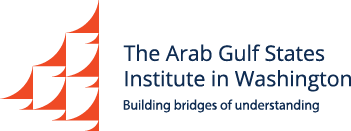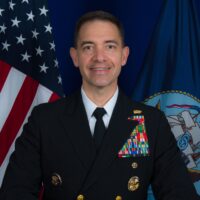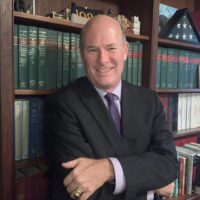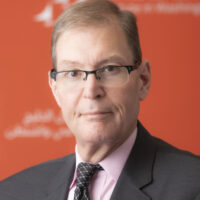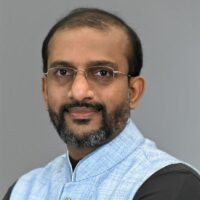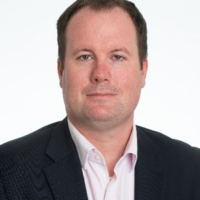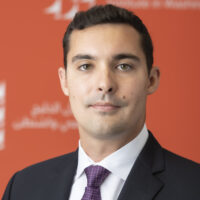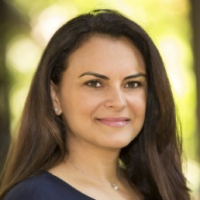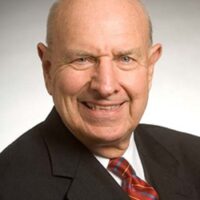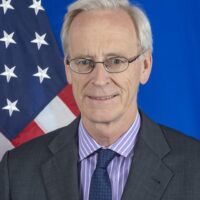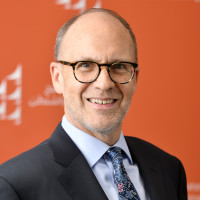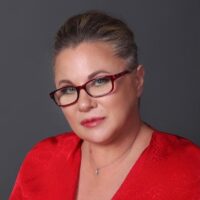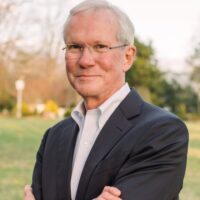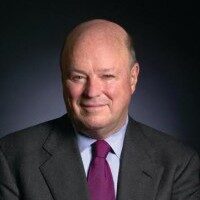Vice Admiral Brad Cooper is the son of a career Army officer. He is a 1989 graduate of the U.S. Naval Academy and earned a master’s degree in strategic intelligence from the National Intelligence University. He has also studied national security policy and international relations at Harvard and Tufts Universities.
A career surface warfare officer, he served on guided-missile cruisers, guided-missile destroyers, aircraft carriers, and amphibious assault ships. His ship commands include USS Russell (DDG 59) and USS Gettysburg (CG 64).
Ashore, he served in a variety of executive, military assistant, and special assistant roles in the White House, the Office of the Secretary of Defense, U.S. Africa Command, and U.S. Pacific Fleet headquarters. He also served as principal U.S. advisor to the interior minister of Afghanistan and director, Surface Warfare Officer assignments (Pers-41).
As a flag officer, he served as the chief of legislative affairs, where he led the Navy’s engagement with the U.S. Congress. Other tours include commander, Naval Surface Force Atlantic, where he launched new initiatives to expand mental health care access for sailors and improve fleet-wide readiness; commander, Expeditionary Strike Group 7 in Okinawa, Japan, where he led the U.S. military’s first F-35 deployment; and, commander, U.S. Naval Forces Korea. During this tour, his sailors were honored with the Republic of Korea Presidential Unit Citation, the first such recognition of a Navy unit since the Korean War.
Cooper is a recipient of the Admiral Elmo Zumwalt Award for Visionary Leadership.
He is particularly proud of the extraordinary men and women with whom he has served at sea and ashore all around the world. Together, these exceptional teams earned 11 unit citations and 10 “Battle E” awards for excellence. His amazing sailors on USS Gettysburg earned the Battenberg Cup as the best ship, submarine, or aircraft carrier in the Navy’s Atlantic Fleet as well as recognition for the top workforce development program in the U.S. government.

